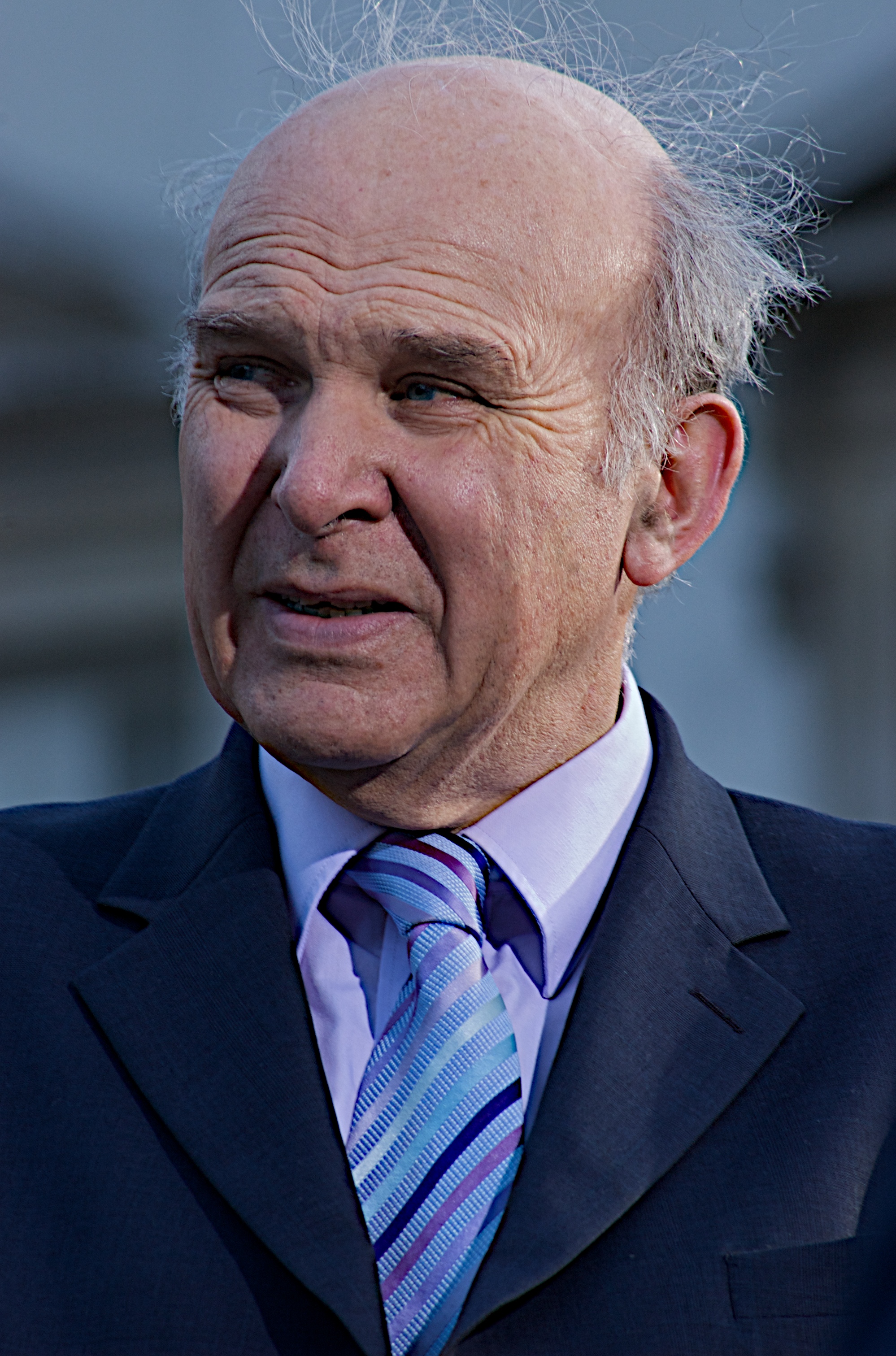
10. A new blog is founded (clearly one of the more important political events of the year)
9. The Greens get an MP
8. Gillian Duffy goes to the shops and meets the Prime Minister
7. First TV election debates
6. Ed Miliband beats his brother
5. Cleggmania comes and goes
4. Gordon Brown resigns as Labour Leader
3. Gordon Brown resigns again, this time as Prime Minister
2. David Cameron becomes Prime Minister
1. First coalition government in 65 years
All years have unexpected and bizarre events, but in terms of British politics, 2010 has been extraordinary. Had you told me exactly 12 months ago the political events of 2010, I would have believed it. In fact, I still find it hard to believe.
Labour losing the election and David Cameron becoming Prime Minister were expected, but a Coalition between the Liberal Democrats and Conservatives was inconceivable. And yet, Deputy Prime Minister Nick Clegg is a reality.
